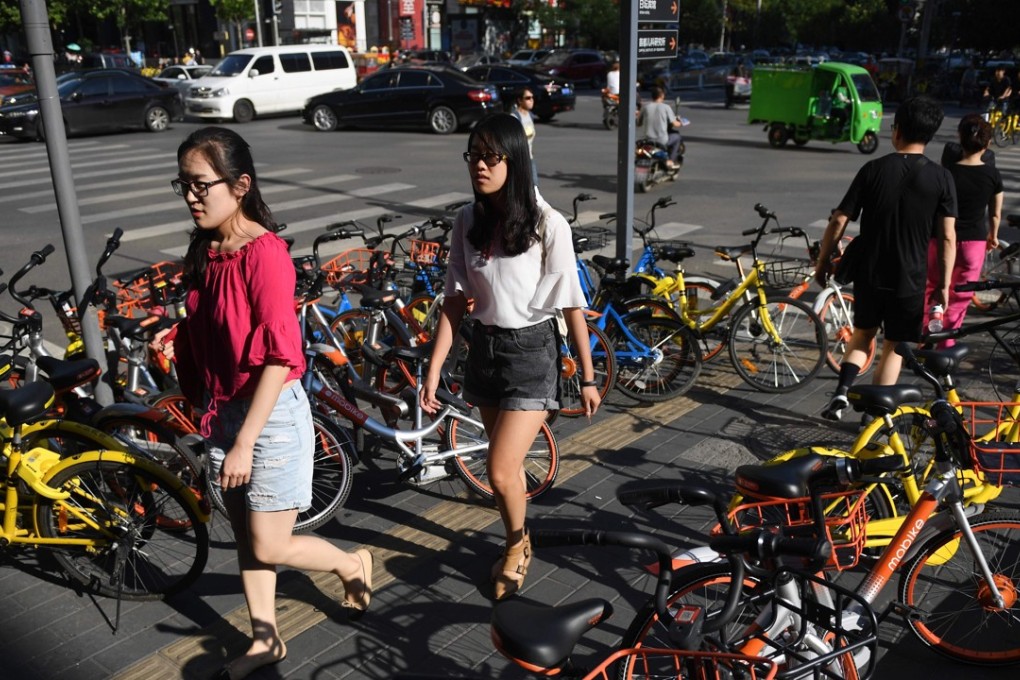Across The Border | China’s buzzing sharing economy may not be real, but the money sure is
As many as 600 million people are involved in China’s sharing economy, with the value of transactions estimated at US$500 billion.

Inspired by the huge success of companies that make a business out of sharing cars and housing, China is going through a bout of a sharing boom, with increasing number of seemingly shareable products and services, from bicycles to power banks, to baby strollers.
As many as 600 million people were involved in activities related to China’s sharing economy last year, with transactions estimated at US$500 billion, according to the State Information Centre. Economic activity around sharing could account for as much as 10 per cent of China’s gross domestic product by 2020, the centre said.
What the report didn’t specify is its definition of the “sharing economy” in China.
The sharing economy typified by Airbnb or Uber, both of which now have market capitalizations in the billions is becoming China’s latest business fad. However, the concept in China might differ from Airbnb or Uber’s definition.
“Not many of those companies belong truly in the sharing economy,” said Tan Jing , investor and one of the founding members of Uber China. “The sharing economy is a trade-off between private individuals. It’s a way to make the most of the social surplus.”
China’s three dozen bicycle sharing services, with their ride-anywhere and park-anywhere business model, uses the public space as their parking spots, which increases management cost for the government and sometimes even cause inconvenience for the public, so they’re “not the real essence of the sharing economy,” said Tan.
